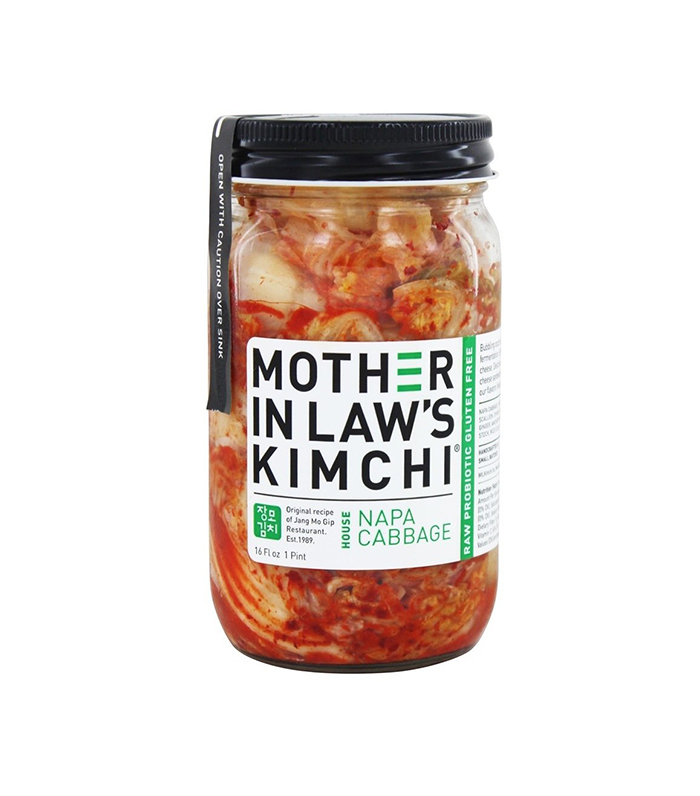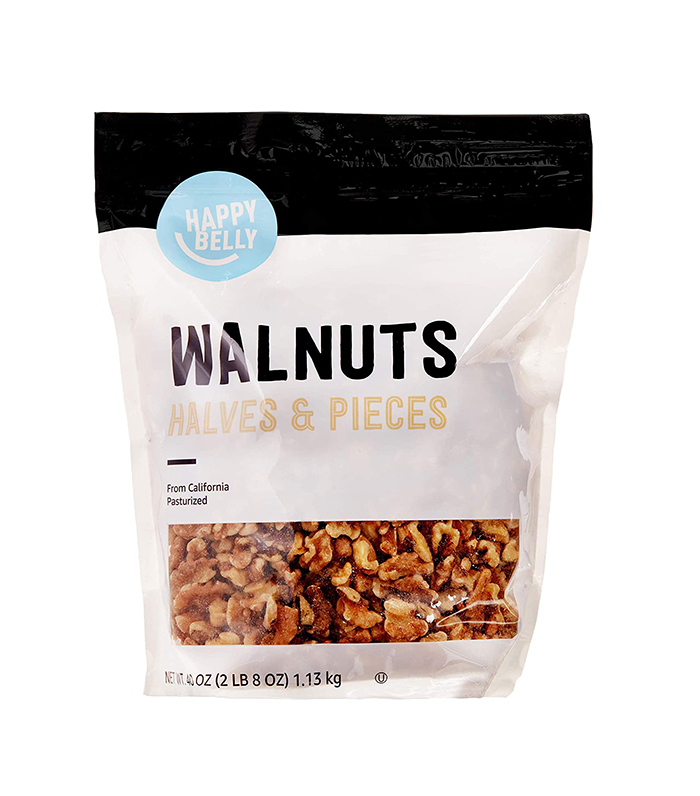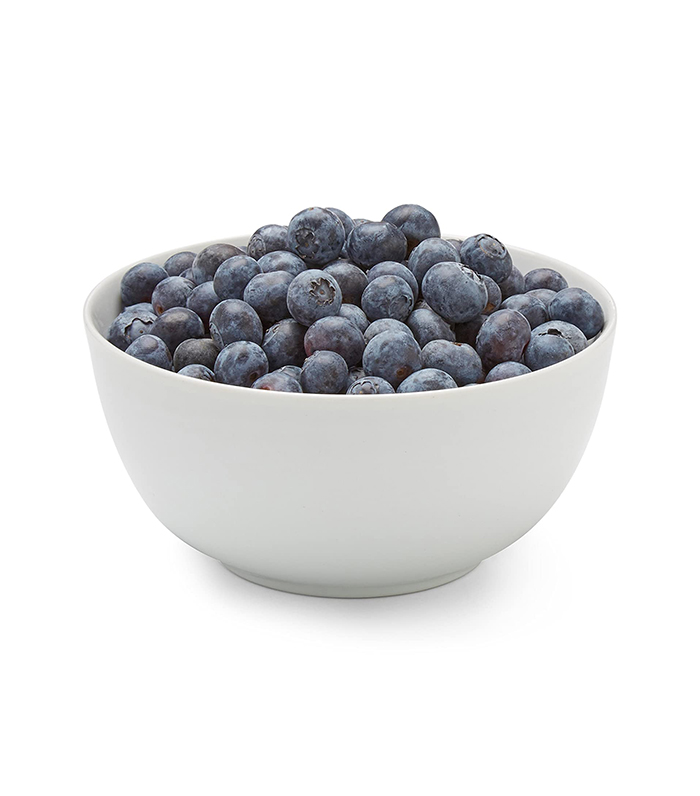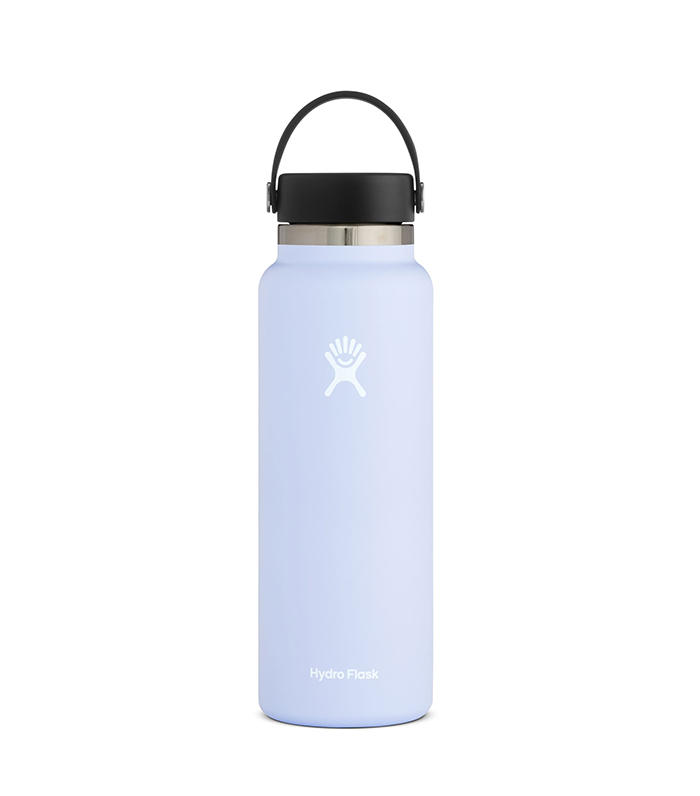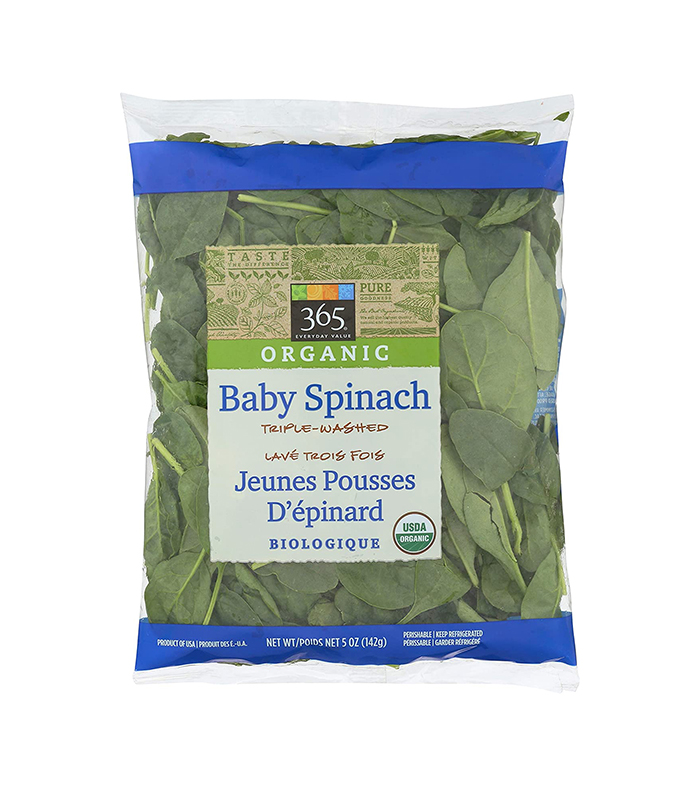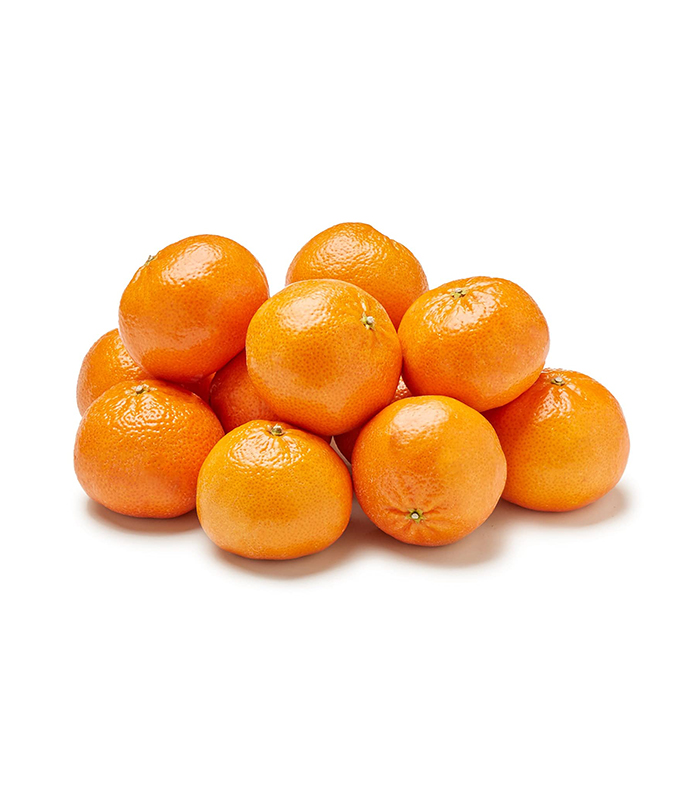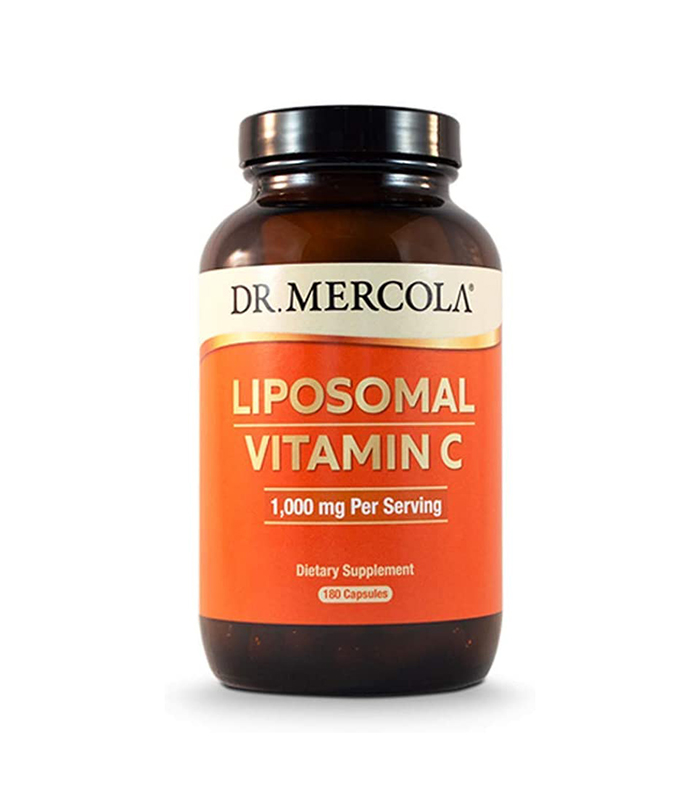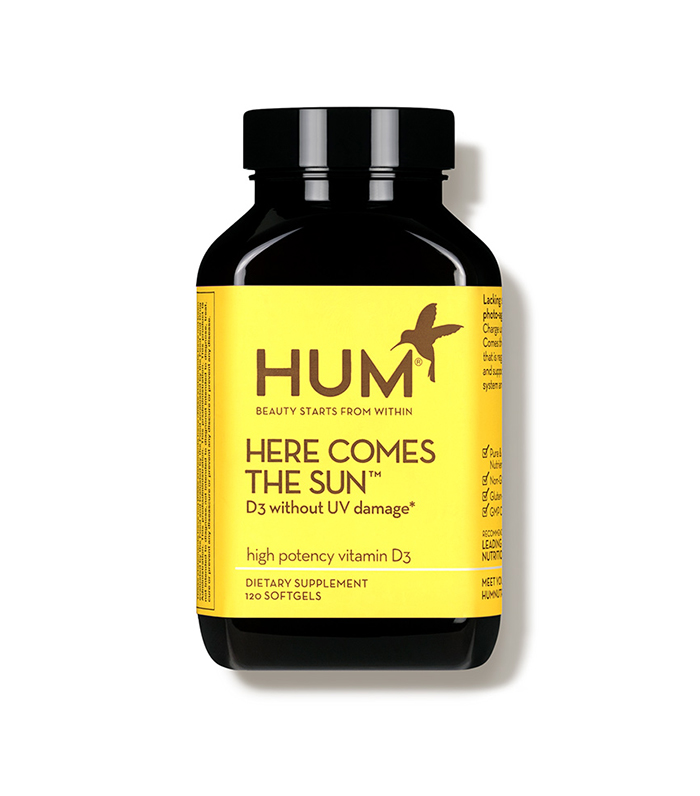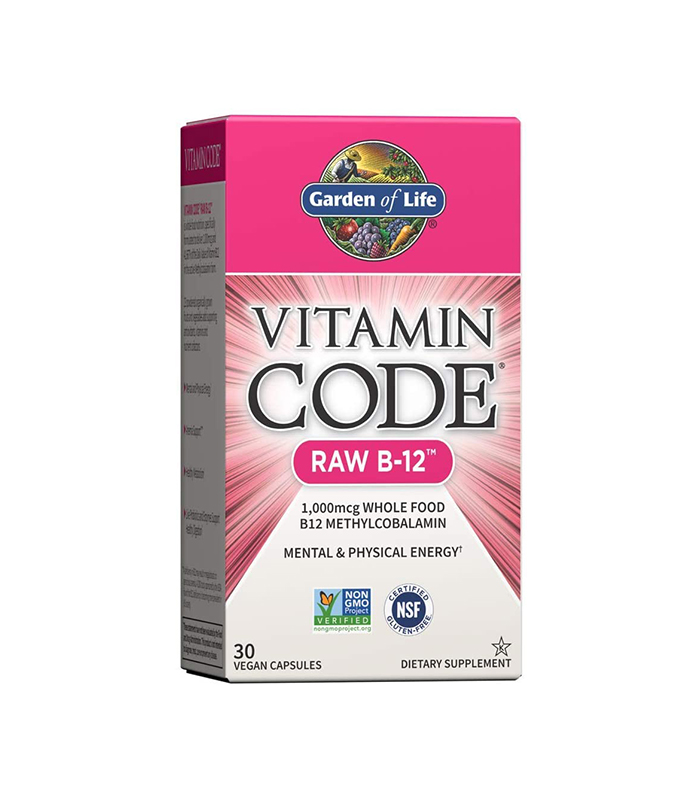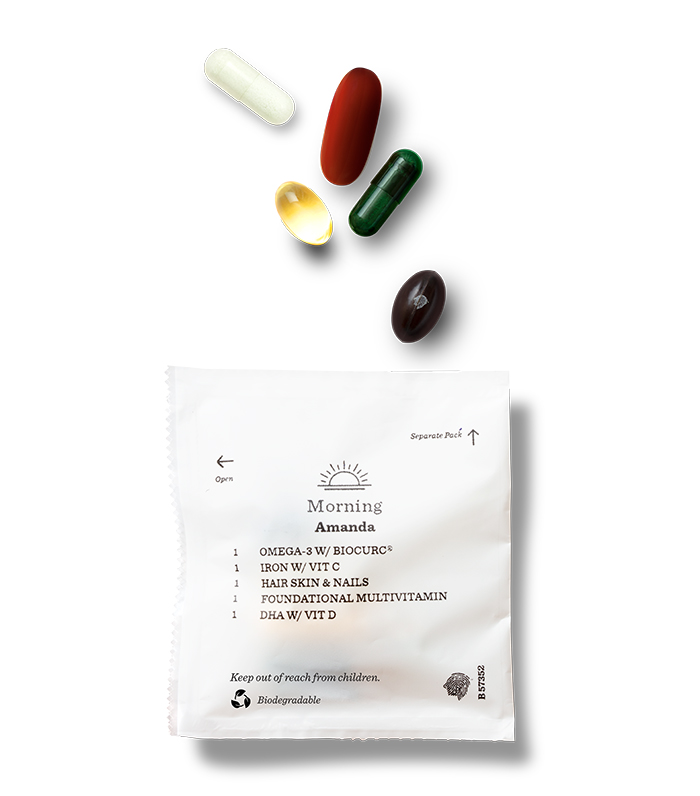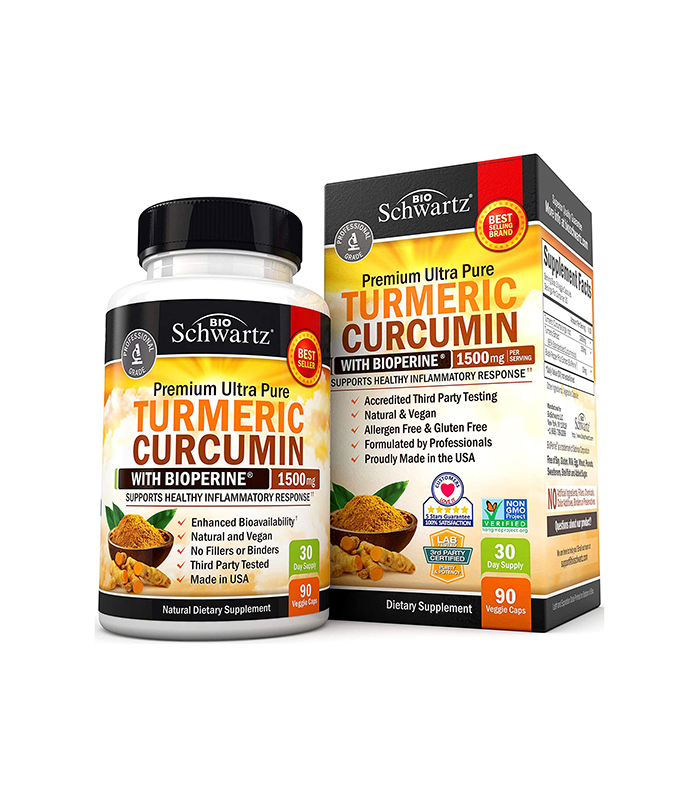13 Lifestyle Changes to Make to Achieve Glowing, Flawless Skin
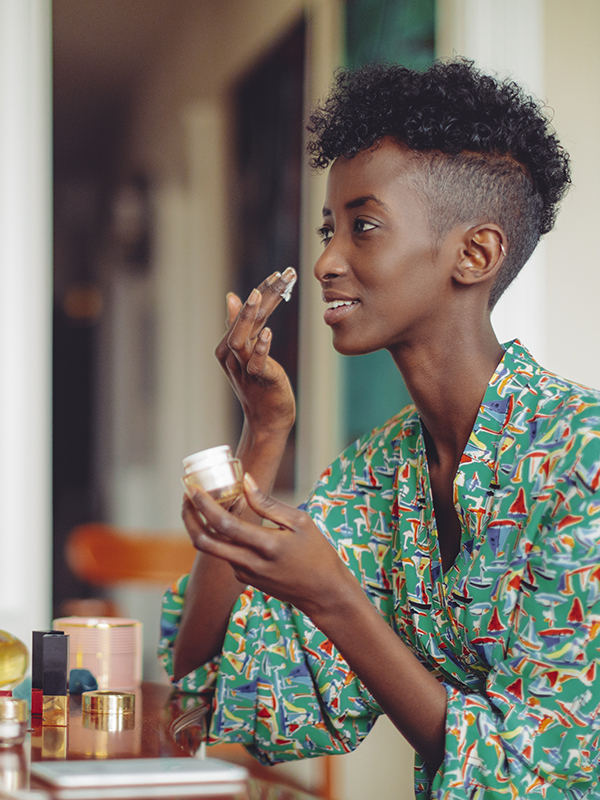
The secret to glowing, flawless skin is a mystery for so many people. Sure, you can stick to the general rules of washing your face every day, wearing sunscreen, avoiding touching your face, and finding the right skincare products. But the type of routine and habits that work for one person might not work for another. Someone might have an oily, acne-prone skin type, while others might have super-dry skin. Some people might be genetically blessed with very few skin problems, and, well, others might not.
And it's not just what you apply to your skin that can factor into its health. What you eat and drink affects all systems of your body, even your skin, to some extent. "The connection between nutrition and skin health as it pertains to reducing acne and decreasing aging continues to evolve," says Yasi Ansari, MS, RD, CSSD, a national spokesperson for the Academy of Nutrition and Dietetics. "More research is needed on clear guidelines for recommendations made for skin."
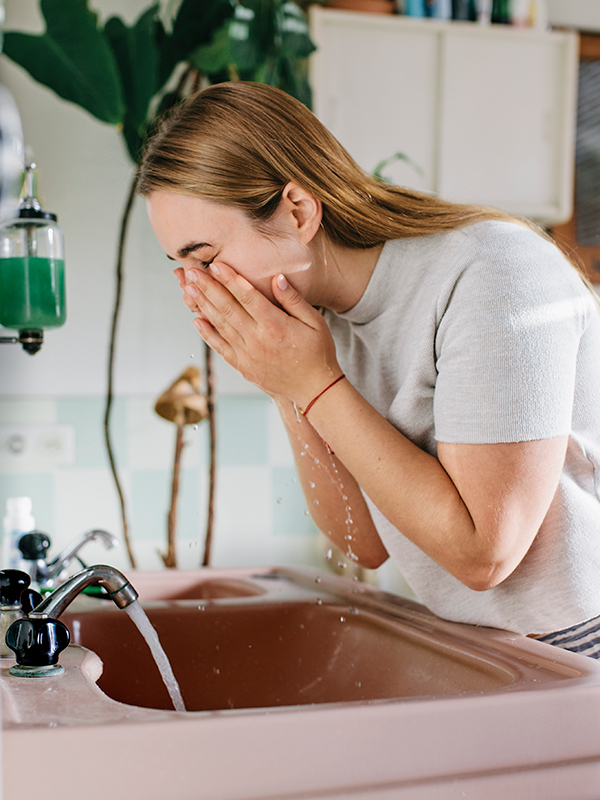
While more research is needed to fully understand the relationship between diet and skin health, there is one thing that's for certain: Having a balanced diet can make you feel good inside and out. "Good nutrition and hydration set the foundation for your overall health, including your skin health!" says Carielle Nikkel, MS, RDN, the director of nutrition at Persona Nutrition. "Your diet not only influences your skin health through skin-loving nutrients such as omega-3 fatty acids, B vitamins, and trace minerals but also by supporting a healthy gut microbiome and healthy hormone levels."
And there are studies that link certain healthy foods to a flawless complexion. "There is some evidence to show that certain foods have the potential to affect skin in different ways. For example, there may be a connection between low-in-nutrient-content foods and acne," Ansari says. "There is also discussion around reducing dairy intake from certain foods to help decrease acne. At this time, more information/research is needed to determine clear guidelines for what this may look like and how to meet goals when it comes to skin health and diet."
While we're waiting for definitive guidance, there are some healthy changes or tweaks you can make to your diet or lifestyle that might have an effect on your skin but can also help your overall health. So even if you don't notice a change in acne or skin conditions, it doesn't hurt to add a few more vitamins and nutrients to your daily habits. See some of our experts' suggestions below:
Foods to Clear Up Skin
Gut-Healthy Foods
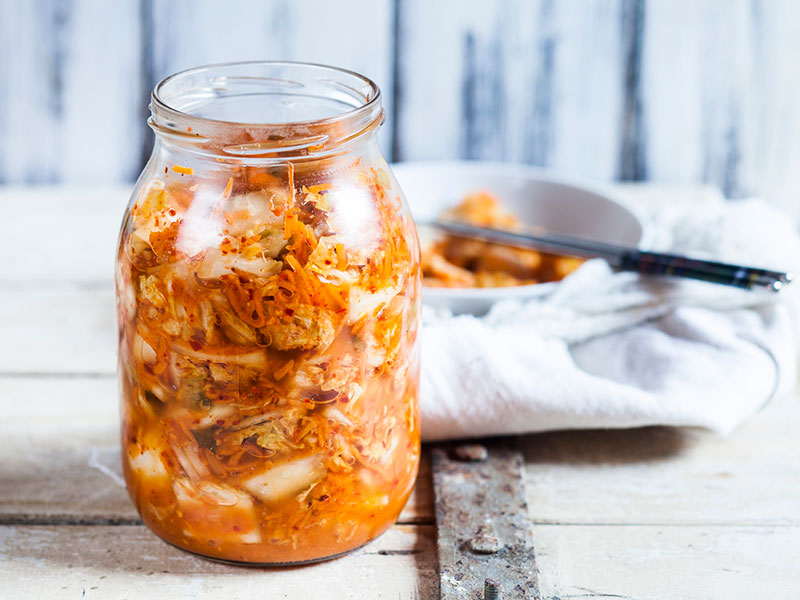
"There are several things that contribute to the connection between diet and clear skin," says Serena Poon, CN, CHC, CHN, chef, nutritionist, Reiki master, and founder of the method of Culinary Alchemy. "The first is the gut microbiome. Your digestive system is a major regulator of the gut-skin axis. If your gut microbiome is balanced, it places your skin into a state of homeostasis, which helps your skin do its job of providing protection, temperature regulation, and water retention. If your gut microbiome is out of balance, it may lead to skin conditions like acne, psoriasis, and atopic dermatitis."
Poon says the best way to balance the gut microbiome is through dietary choices. Foods rich in probiotics (like kimchi, yogurt, and sauerkraut) and prebiotics (like garlic, asparagus, and apples) can help support a healthy microbiome.
Omega-3s
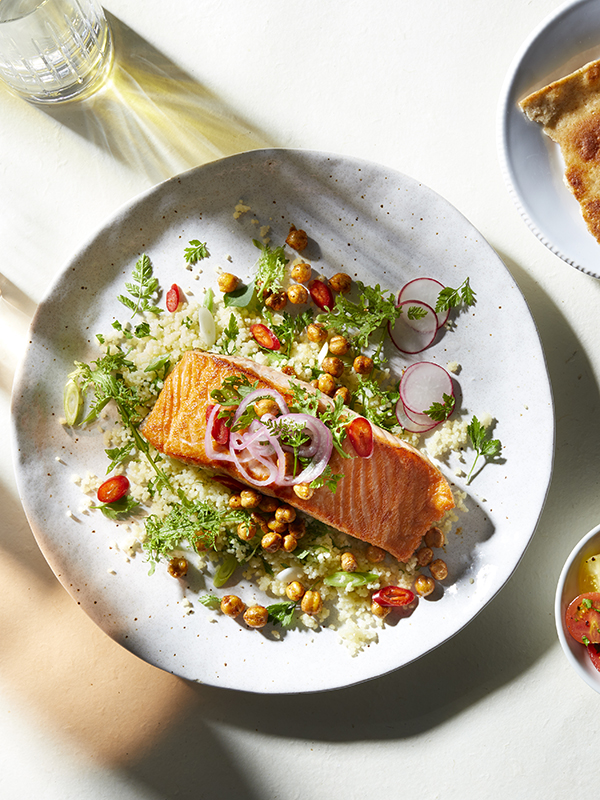
"Omega-3 fatty acids hydrate your cells from the inside out and play a protective role in the barrier and integrity of the skin," Nikkel says. "These fatty acids also provide strength in the dermal and epidermal layers of the skin by modulating the inflammatory response. If you are deficient in essential fatty acids, you can lose moisture in your skin, which may lead to rashes, dry skin, and itchiness." Foods rich in omega-3s include salmon, tuna, and walnuts.
Antioxidants
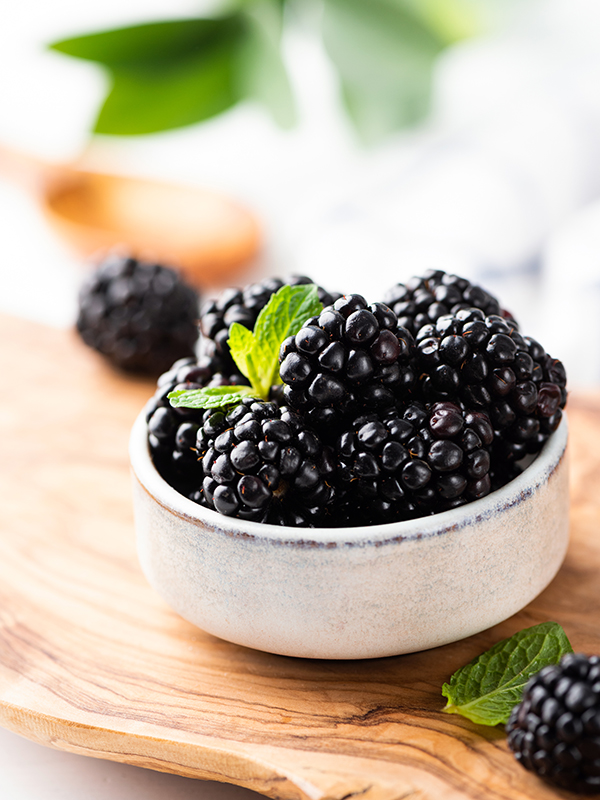
"Foods high in antioxidants have shown to have skin-protecting effects (sun exposure, aging, environmental factors)," adds Ansari. Antioxidants can be found in many fruits and vegetables like berries, leafy greens, and beans.
Water
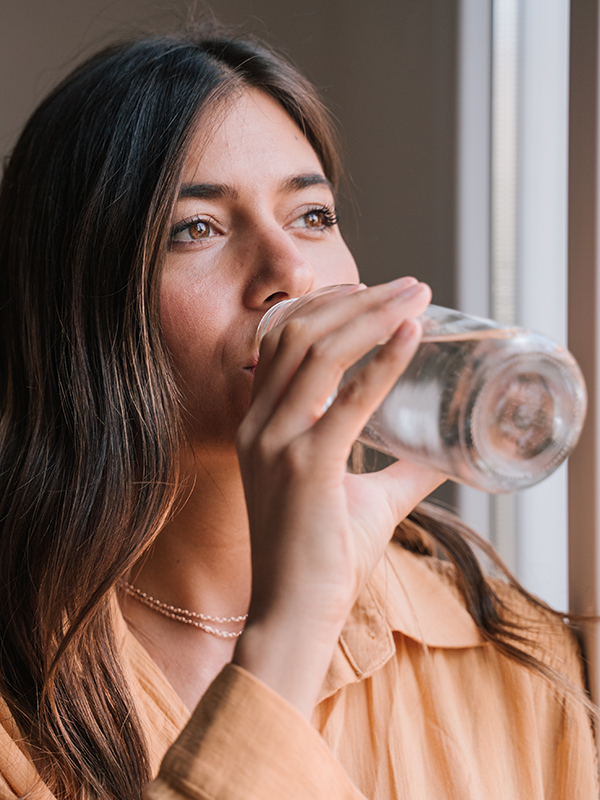
Staying hydrated is so important. "Skin cells are made up of mostly water, and if they are dehydrated, you will see it in your skin as dryness, flakiness, and dullness," Poon says. "Dry skin is also more prone to breakouts." Poon suggests drinking 100 ounces of water each day and adding hydrating foods like celery, cucumber, and watermelon to your diet.
Fruits and Vegetables
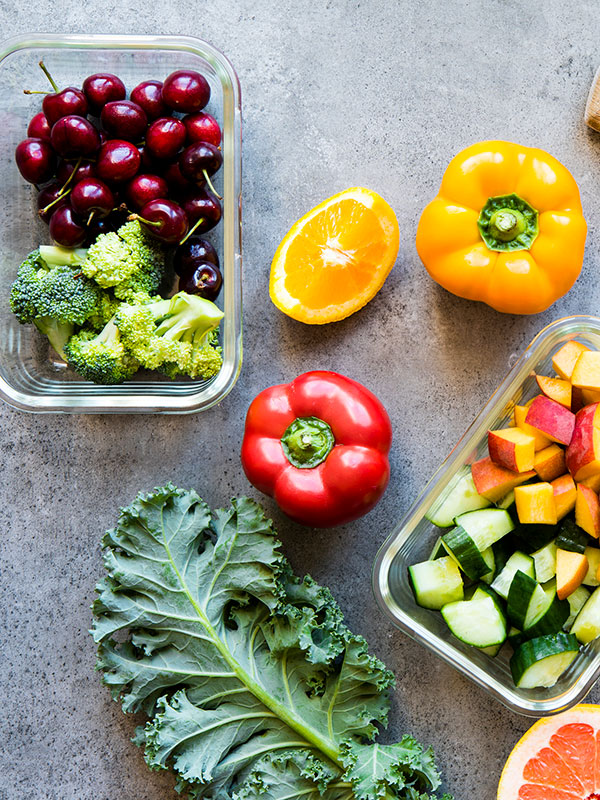
Aim to get those daily servings of produce. It's good for your whole body. "A diet rich in a variety of organic vegetables and fruits will support your overall health, including gut and skin health," Poon says. "Vegetables and fruits are rich in the necessary vitamins, minerals, and antioxidants that support skin health."
Vitamin C Rich Foods
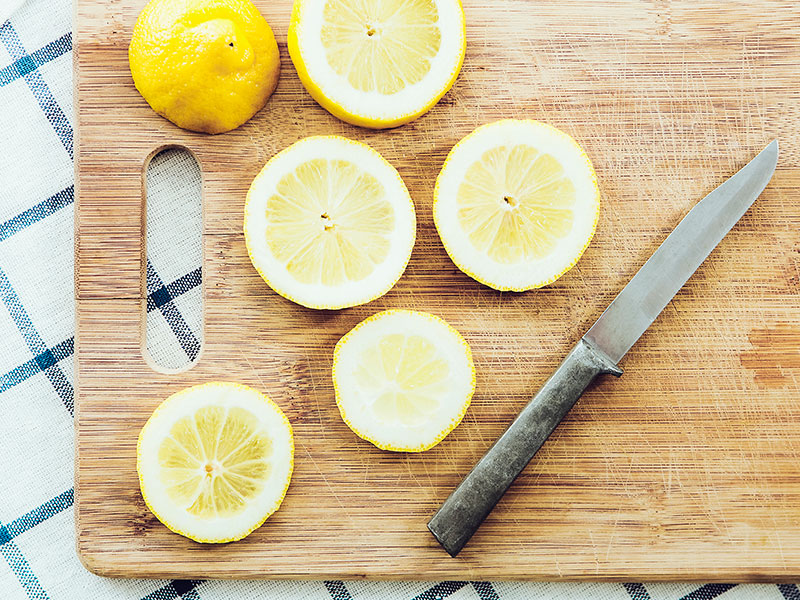
"Vitamin C is vital to skin health in a number of ways. It acts as an antioxidant and helps protect against UV damage, it is important for wound healing, and it is necessary for collagen production, which is crucial for maintaining skin elasticity. Oranges, lemons, broccoli, and strawberries are all high in vitamin C," Poon explains.
Vitamins and Supplements to Clear Up Skin
Probiotics and Prebiotics
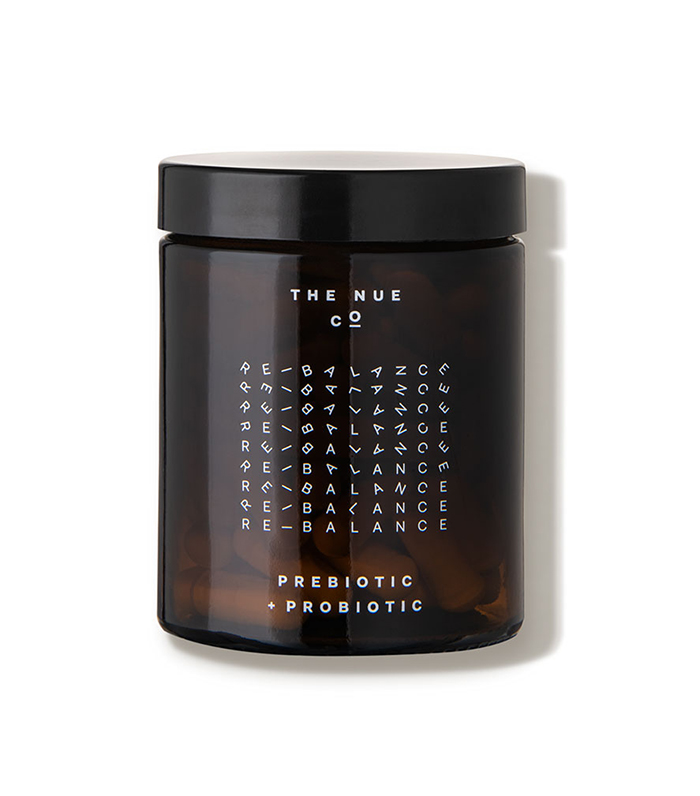
In addition to foods, you can also consume probiotics and prebiotics in supplement form. "I often recommend that my clients take both a high-quality probiotic and prebiotic supplement that offer a variety of bacteria strains," Poon says. "Probiotics are absolutely crucial for maintaining a healthy gut microbiome, which plays a role in not only skin health but also immunity and mental health. Prebiotics are necessary to fuel probiotic growth."
Collagen
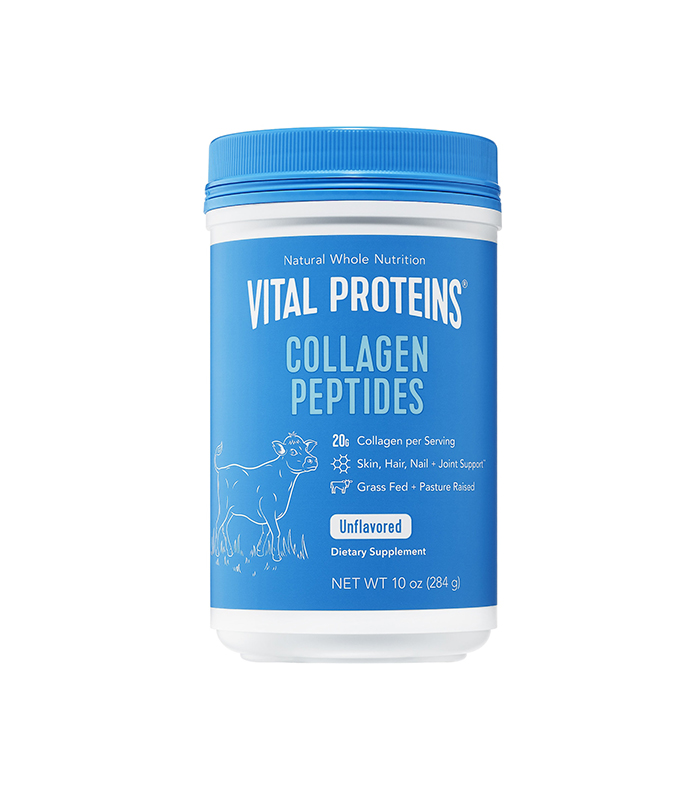
"Collagen production decreases as we age, and it can also be affected by a diet high in sugar and processed carbohydrates," Nikkel says. "The amino acids proline, glycine, and hydroxyproline are the main protein components of collagen, supporting your skin and connective tissue."
Vitamin C
Omega-3s, Vitamin D, and Vitamin B12
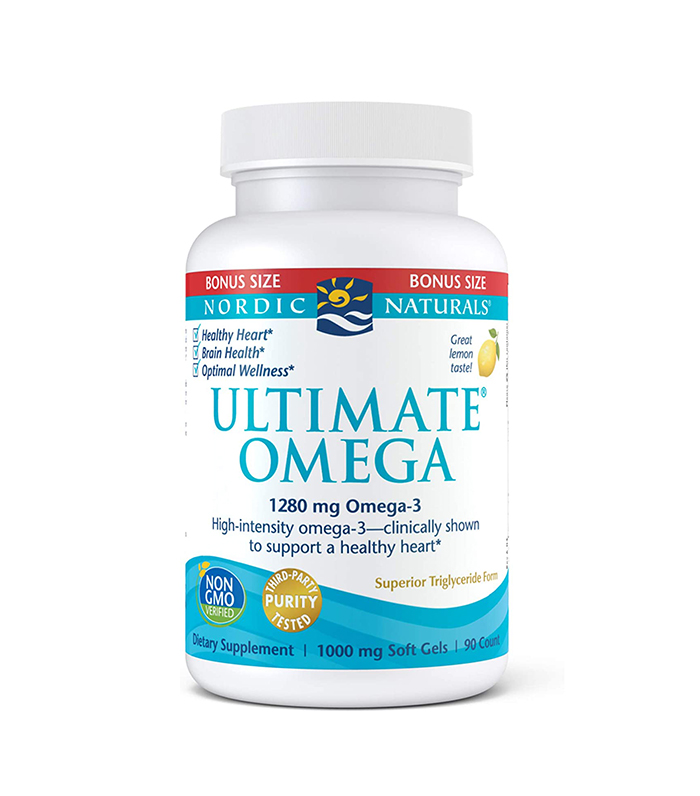
"Certain nutrients such as omega-3 fatty acids, protein, vitamin D, copper, and vitamin B12 support cell regeneration and the production of collagen and elastin to promote healthy skin," Nikkel says.
Vitamin E
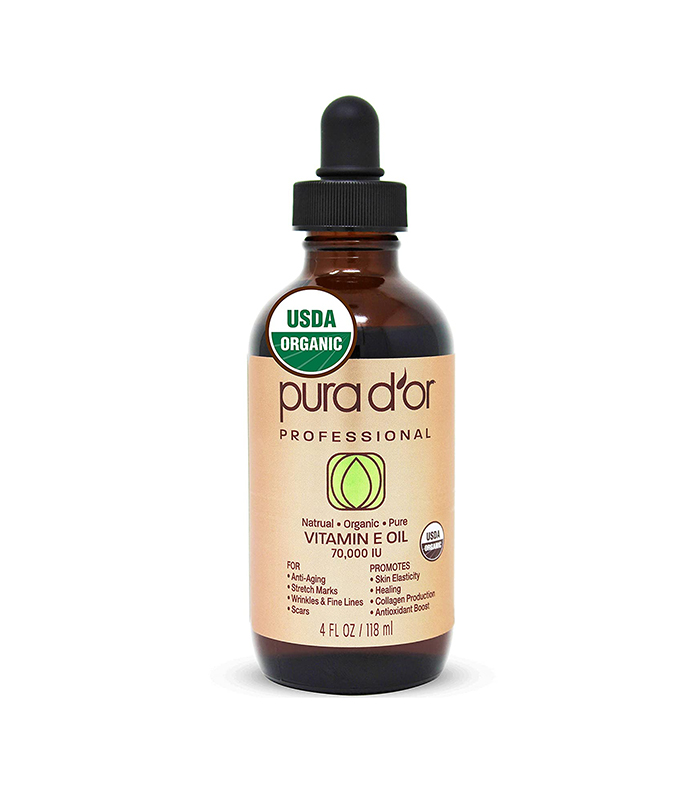
"Applying vitamin E directly to the skin has been shown to aid in UV protection, decreasing inflammation, wrinkle prevention, and wound healing," Poon says.
Turmeric
Lifestyle Changes to Clear Up Skin
Get Enough Sleep
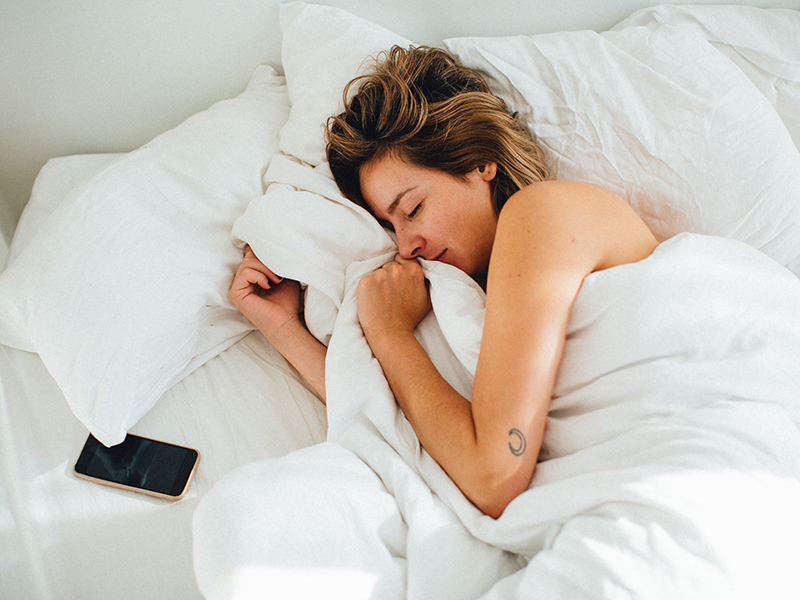
"Beauty sleep is a real thing! Not getting enough sleep has been shown to cause a multitude of skin issues such as dark circles, pale skin, and wrinkles," Poon says.
Work Out
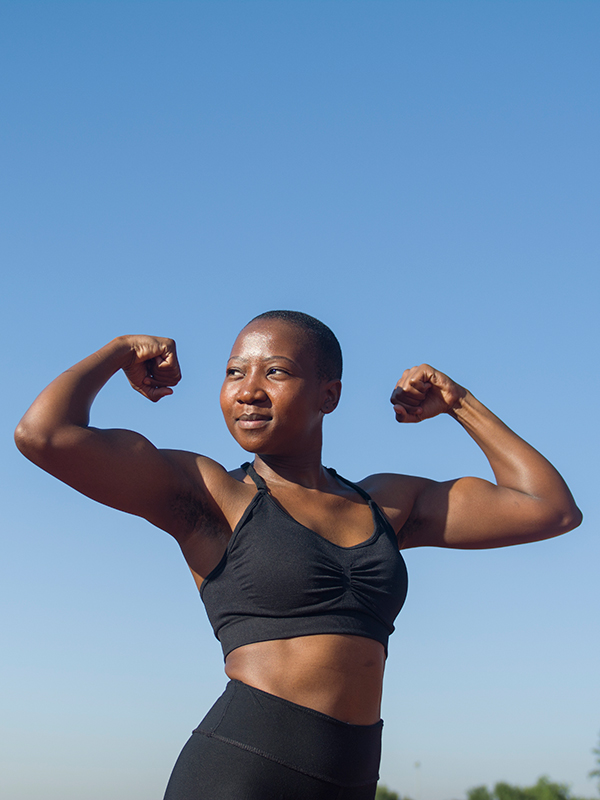
Even more motivation to get that workout in. "Exercise is really important for skin health for a number of reasons," Poon says. "Exercise boosts blood flow to the face, which helps give it a boost of vitamins and oxygen. Exercise has been shown to not only clear skin but also reverse the signs of aging. Also, sweat can help clear your skin, as it cleanses out your pores and also has antibacterial properties. (Make sure you wash right after you sweat, though!)"
Take Time to Breathe
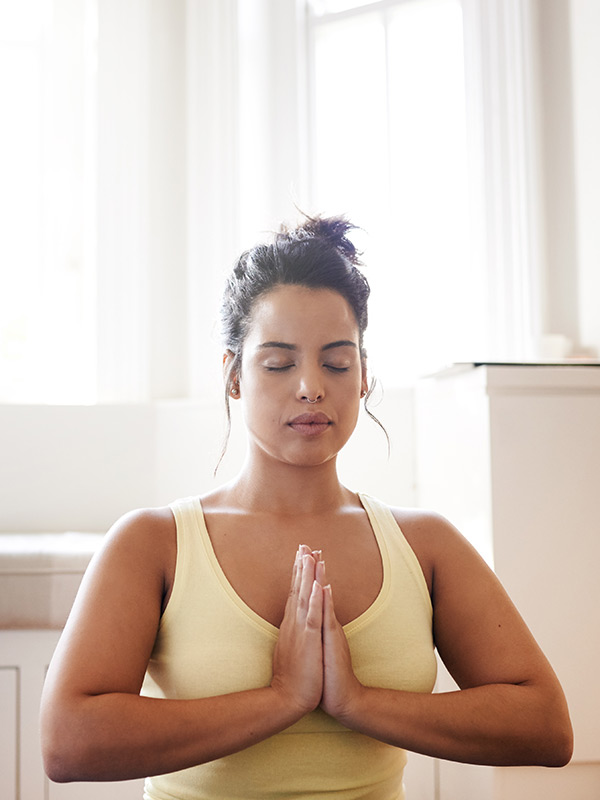
Stress can really take a toll on your body, and that includes your skin. "Taking time to breathe deeply, whether through meditation, yoga, or simple breathing exercises, not only oxygenates your body and mind, but it will also help to relieve stress and anxiety, which can affect your skin negatively," Poon explains.
Foods to Avoid to Clear Up Skin
While the foods above might help you get flawless skin, there are others that can be detrimental to skin health. The experts shared the foods you should limit below.
Sugar
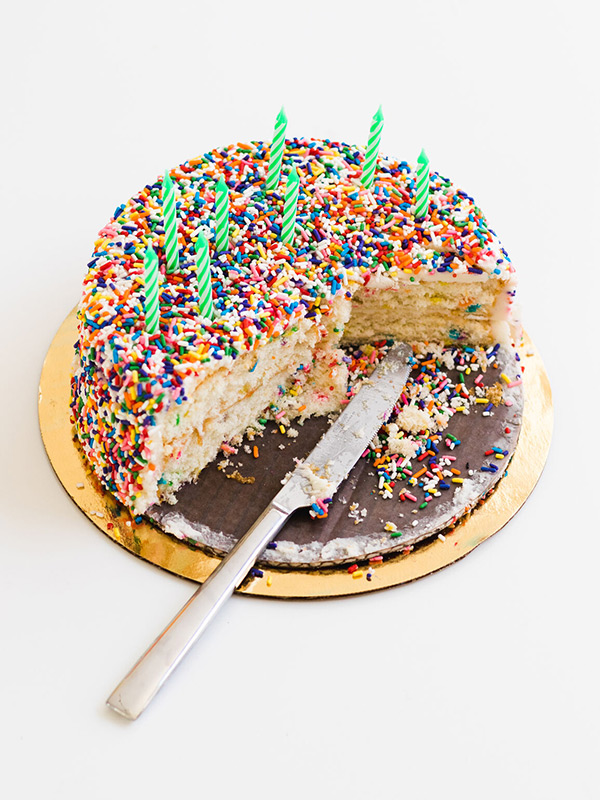
Limit your intake of added sugars. "High-glycemic foods like sugar, white bread, and white rice have also been shown to be linked to acne. Sugar is also an inflammatory food," Poon says.
Processed Carbs
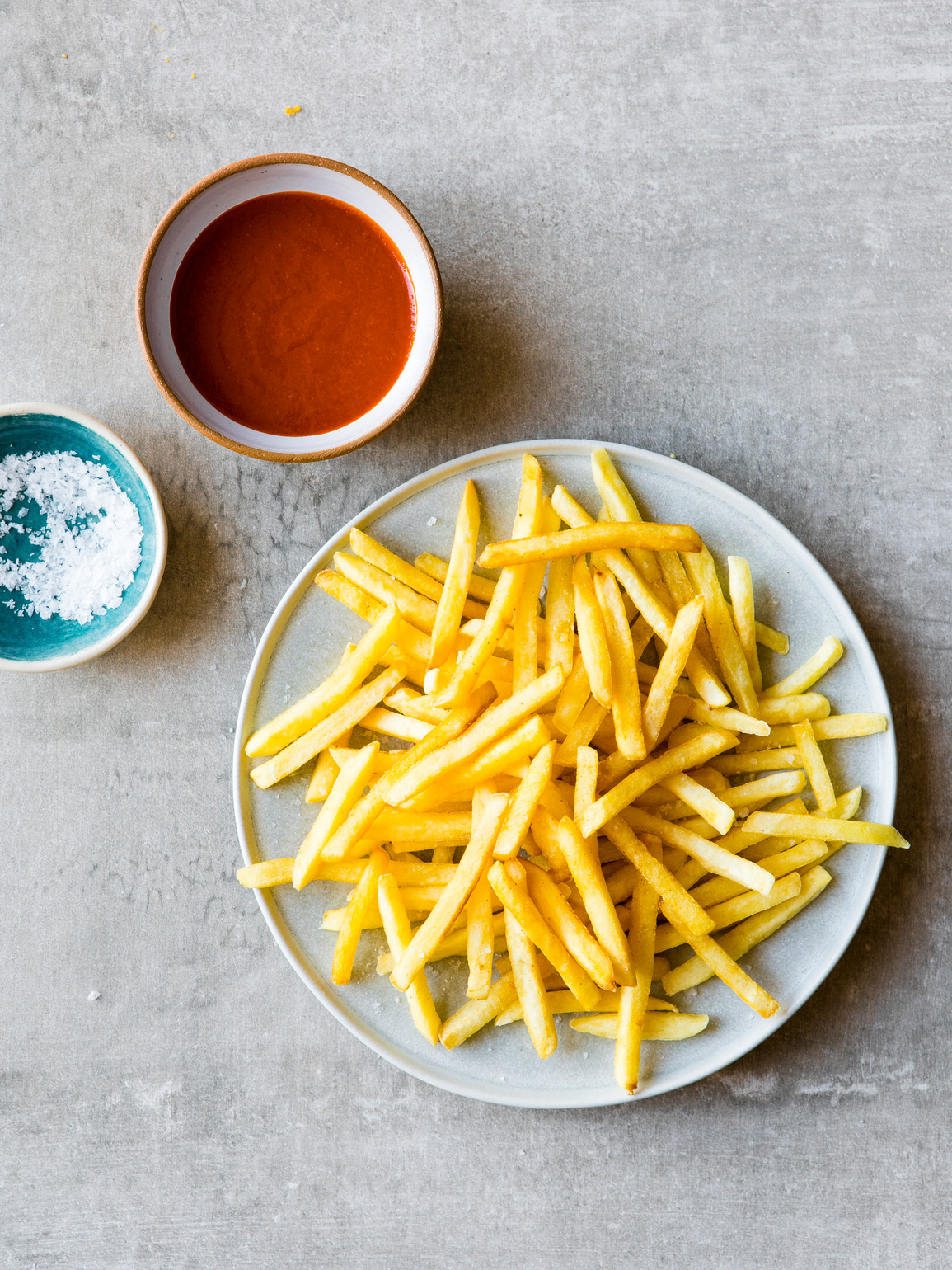
"Sugar and processed carbohydrates not only contribute to aggressive spikes in blood sugar and ultimately fat storage but can also lead to aging and dull skin," Nikkel adds.
Dairy
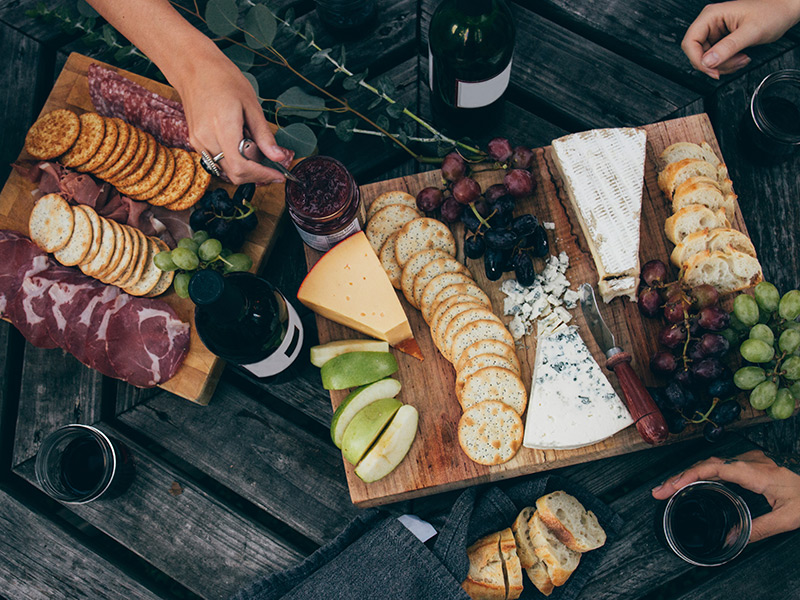
Not everyone has to quit dairy, but it might be helpful if you have an intolerance. "Dairy isn't necessarily bad for you or your skin, but some people have a hard time digesting it," Nikkel explains. "This can manifest as bloating and gas or through the skin in the form of acne."
Inflammatory Foods
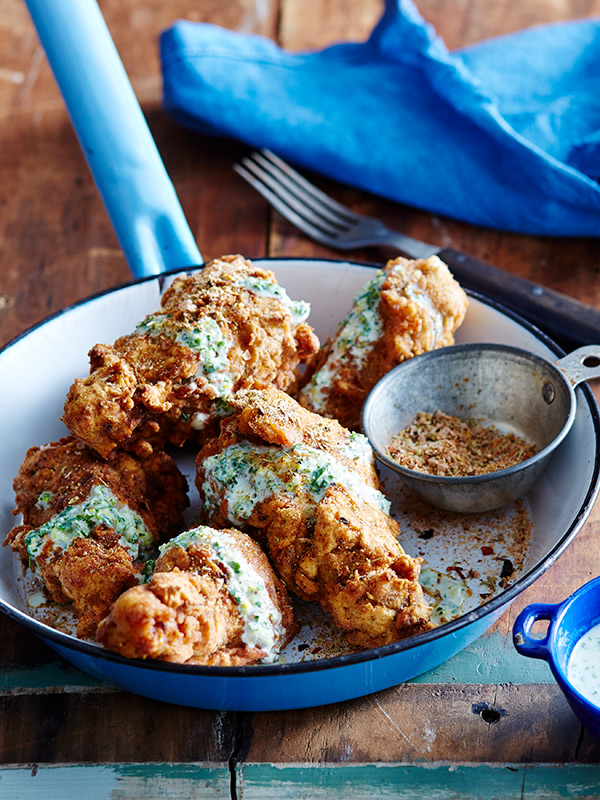
"Foods that are fried, high in processed sugar, or have processed ingredients can disturb the balance of the gut microbiome and may cause inflammation, which can show up in your skin as redness or puffiness," Poon says.
Food Allergies
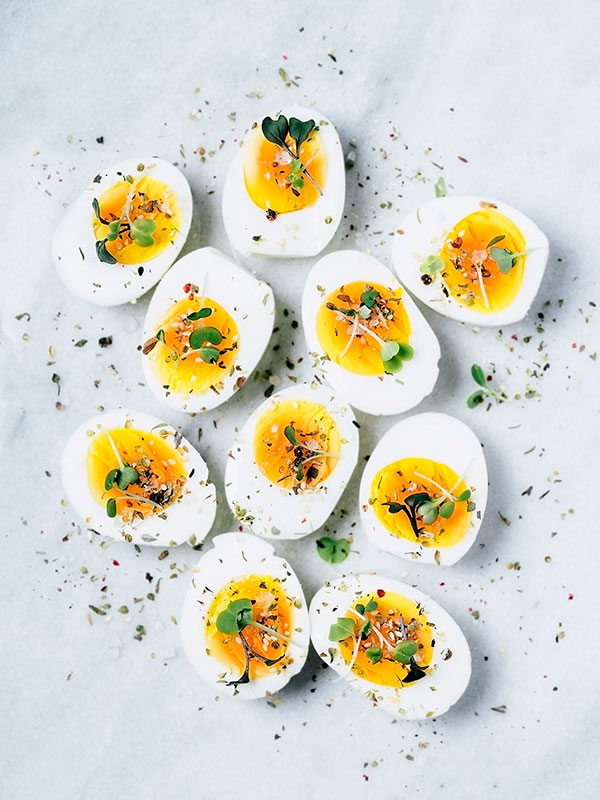
"If you are allergic to a food, it might show up on your skin as inflammation, rash, or hives," Poon says. "The best thing to do here is to pay attention to your own food allergies. I recommend journaling your body’s response to the most common triggers, including dairy, eggs, tree nuts, peanuts, wheat, soy, and shellfish."
Caffeine and Alcohol
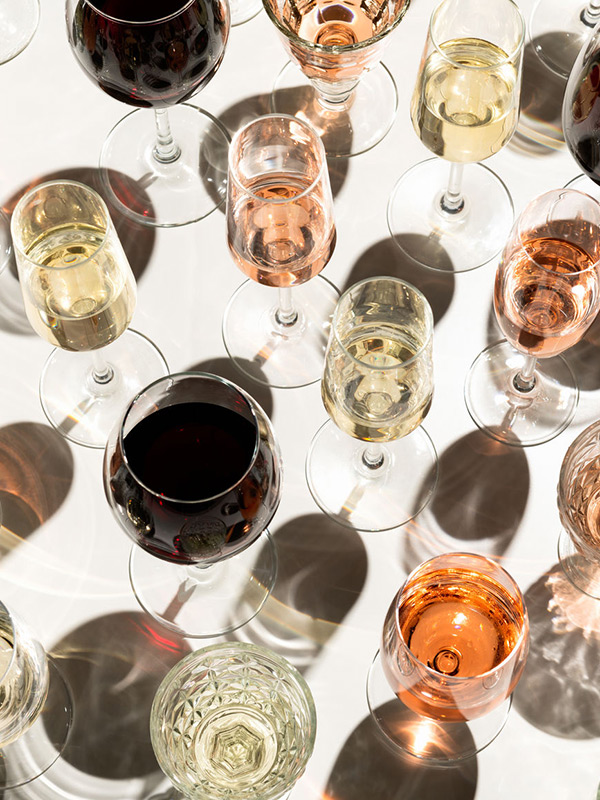
Hate to be the bearer of bad news, but you might want to limit your coffee and wine consumption. "In high doses, caffeinated beverages like coffee, tea and soda, and alcohol have a dehydrating effect, which will cause your skin to be dry and dull," Poon explains. "More than low-to-moderate consumption of alcohol is also considered inflammatory."
Next up: Want Better Gut Heath? Add This Easy Solution to Your Daily Routine
This article was originally published at an earlier date and has since been updated.
This article is provided for informational purposes only and is not intended to be used in the place of advice of your physician or other medical professionals. You should always consult with your doctor or healthcare provider first with any health-related questions.
Sarah is lifestyle writer and editor with over 10 years of experience covering health and wellness, interior design, food, beauty, and tech. Born and raised in Los Angeles, she attended New York University and lived in New York for 12 years before returning to L.A. in 2019. In addition to her work atBest Knockoff Luxury Clothing , she held editor roles at Apartment Therapy, Real Simple, House Beautiful, Elle Decor, and The Bump (sister site of The Knot). She has a passion for health and wellness, but she especially loves writing about mental health. Her self-care routine consists of five things: a good workout, “me” time on the regular, an intriguing book/podcast/playlist to unwind after a long day, naps, and decorating her home.
